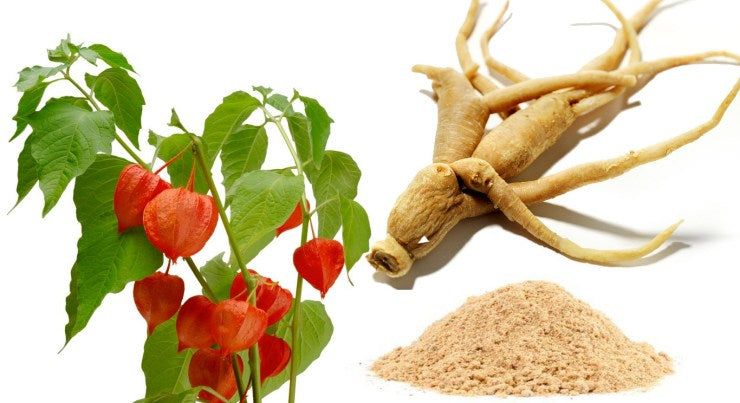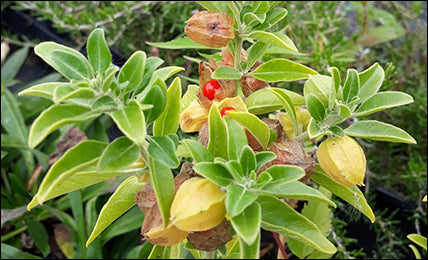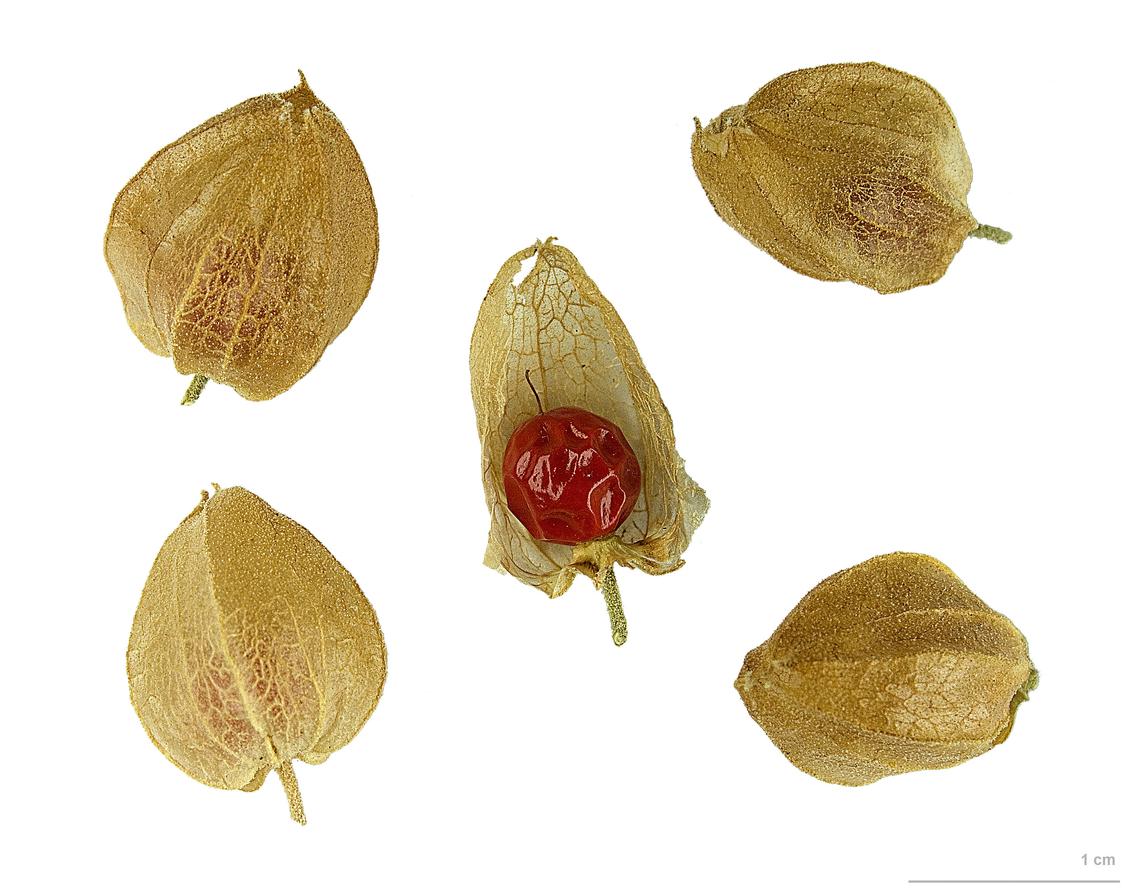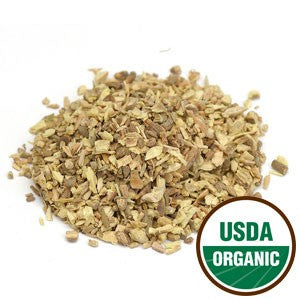Ashwagandha Glycerite extract 4oz
Ashwagandha: is an incredibly healthy medicinal herb. It's classified as an "adaptogen," meaning that it can help your body manage stress. Ashwagandha also provides all sorts of other benefits for your body and brain. Ashwagandha is one of the most important herbs in Ayurveda, a form of alternative medicine based on Indian principles of natural healing. "Ashwagandha" is Sanskrit for "smell of the horse," which refers to both its unique smell and ability to increase strength. Its botanical name is Withania somnifera, and it’s also known by several other names, including Indian ginseng and winter cherry. The ashwagandha plant is a small shrub with yellow flowers that's native to India and North Africa. Extracts or powder from the plant's roots or leaves is used to treat a variety of conditions. Many of its health benefits are attributed to its high concentration of withanolides, which have been shown to fight inflammation and tumor growth. Ashwagandha may reduce blood sugar levels through its effects on insulin secretion and sensitivity. Animal studies suggest that it may help treat several types of cancer, including breast, lung, colon, brain, and ovarian cancer In one study, mice with ovarian tumors treated with ashwagandha alone or in combination with an anti-cancer drug had a 70–80% reduction in tumor growth. The treatment also prevented the spread of cancer to other organs. Ashwagandha supplements may help lower cortisol levels in chronically stressed individuals. The researchers also reported that the group who took the herb had increased antioxidant levels in their blood. Ashwagandha helps increase testosterone levels and significantly boosts sperm quality and fertility in men. Ashwagandha has been shown to increase muscle mass, reduce body fat and increase strength in men. Ashwagandha has been shown to increase natural killer cell activity and decrease markers of inflammation. Ashwagandha may help reduce the risk of heart disease by decreasing cholesterol and triglyceride levels. Although ashwagandha has traditionally been used to boost memory in Ayurvedic practice, there is only a small amount of human research in this area. In one controlled study, healthy men who took 500 mg of standardized extract daily reported significant improvements in their reaction time and task performance, compared to men who received a placebo (33Trusted Source). Another eight-week study in 50 adults showed that taking 300 mg of ashwagandha root extract twice daily significantly improved general memory, task performance and attention. Side effects: Although ashwagandha supplements (typically taken for anxiety or stress) are generally well-tolerated when taken short-term (weeks to a few months) in typical dosages, mild to moderate side effects such as headache, sleepiness, and stomach upset. Ashwagandha is a safe supplement for most people. However, certain individuals should not take it, including pregnant and breastfeeding women. People with autoimmune diseases should also avoid ashwagandha unless authorized by a doctor. This includes people with conditions like rheumatoid arthritis, lupus, Hashimoto's thyroiditis and type 1 diabetes. Additionally, those on medication for thyroid disease should be careful when taking ashwagandha, as it may potentially increase thyroid hormone levels in some people. It may also decrease blood sugar and blood pressure levels, so medication dosages may need to be adjusted if you take it. The recommended dosage of ashwagandha depends on the type of supplement. Extracts are more effective than crude ashwagandha root or leaf powder. Remember to follow instructions on labels. Standardized root extract is commonly taken in 450–500 mg capsules once or twice daily. It’s offered by several supplement manufacturers and available from various retailers, including health food stores and vitamin shops. A mainstay of Ayurveda, ashwagandha has been shown to reduce the stress hormones (ie., cortisol) which disrupt endocrine function and prompt premature aging. Ashwagandha stimulates blood flow to a woman’s reproductive organs to increase arousal and sensitivity, making it a popular choice for women who wish to regain their sex drive and satisfaction. Women experiencing menopause also report that ashwagandha helps to produce positive effects on hot flashes, anxiety, and depression
Things to know:
1- Relieves stress and anxiety, has stress relieving properties. 2-Ashwagandha lowers blood sugar. Increases Muscle and Strength. Improves Sexual function in women and men. Boost fertility and testosterone levels in men. In Ayurveda (Indian medicine) it improves general health and can relax you and reduce swelling. Some lab studies show that t can slow the growth of cancer cells, but this effect has not observed in humans. Ashwagandha is best known for stress lowering relief. It helps to lower levels of cortisol, a hormone produced by your adrenal glands in response to stress. Because it seems to make the immune system more active, could also interfere with drugs that suppress the immune system. Examples : cyclosporine, mycophenolate, tacrolimus, prednisone, and corticosteroids, so not recommended for individuals with autoimmune diseases such as multiple sclerosis, lupus, rheumatoid arthritis and type 1 diabetes or other like condition. Large doses might cause rarely, liver problems, including severe liver failure.
dosage - Pill-1-2 per day morning/evening with warm water or milk after 2 hours of meals along with your existing treatment, Extract: same, Powder: same
Ashwagandha Glycerite extract 4oz





